Shocking decision
OpenAI announced on November 17 (US time) that CEO Sam Altman will step down from the board of directors and the CEO position. Chief Technology Officer Mira Murati will temporarily replace Mr. Altman with immediate effect.
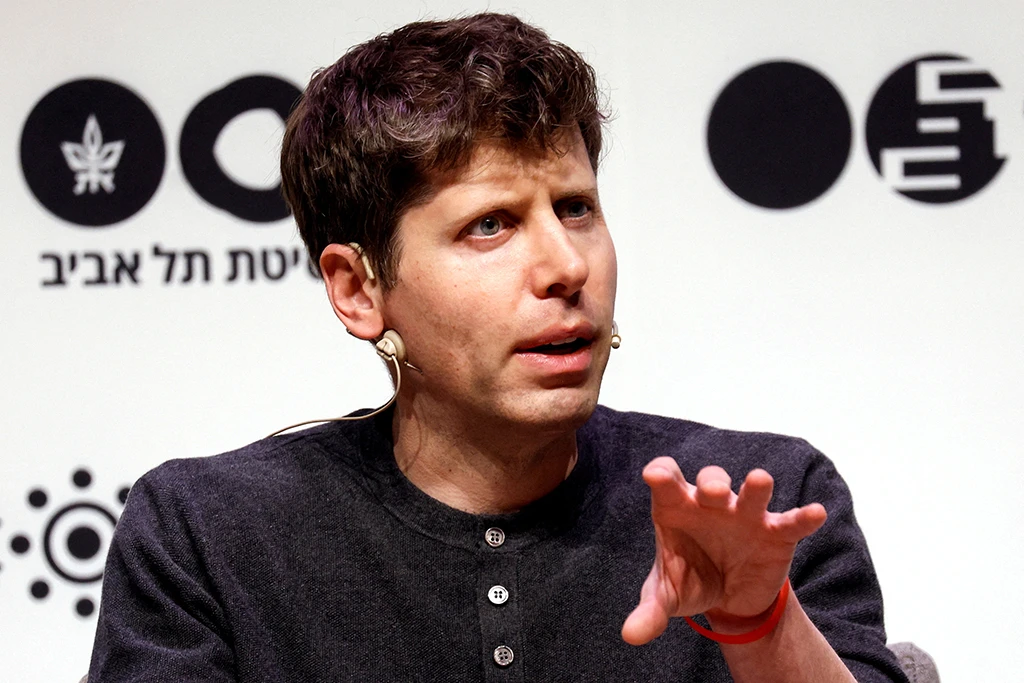
Mr. Sam Altman discussed at Tel Aviv University (Israel) in June.
According to Semafor , although he is the co-founder and CEO of OpenAI, Mr. Altman does not hold any shares in the company and could therefore be fired at any time. Co-founder Greg Brockman was also removed from the board of directors and later decided to resign.
Altman’s ouster sent shockwaves through the tech industry, as he co-founded OpenAI and played a direct role in the development of ChatGPT, making him the “father” of the company’s most famous product. According to Altman, ChatGPT now has 100 million weekly users. Forbes reported that many investors were not informed of the decision in advance, while Microsoft, which had committed $10 billion to OpenAI, was only informed minutes in advance, according to Axios .
It is unclear whether Altman was fired due to differences in the company's AI development direction or recent developments in AI regulation by authorities. In a statement, OpenAI said the company had evaluated and concluded that Altman "was not being candid in his communications with the board, which hindered his ability to carry out his responsibilities." In an internal emergency meeting later, Ms. Murati reassured OpenAI employees and said the company's collaboration with Microsoft remained stable, according to Reuters.
No need to tightly manage AI?
Since ChatGPT was introduced late last year with its globally astonishing features, many concerns have also emerged about AI software stealing intellectual property rights, stimulating fraud in education or the risk of election interference... US President Joe Biden last week signed an executive order requiring federal agencies to set new safety standards for AI systems while political and technology leaders also discussed how to respond to the risks of AI at a recent conference in the UK.
According to analysis and forecasts by the Economist Intelligence Unit (EIU), the economic research and analysis division of The Economist magazine, as AI develops, regulatory efforts will also increase. However, each country wants to have its own set of regulations, which can lead to fragmentation and regionalization of regulations. In the State of AI 2023 report, investor Nathan Benaich of Air Street Capital (UK) said that in the absence of global consensus on the direction of regulation, developers of advanced AI systems have stepped up to shape the standards by proposing their own regulatory models.
But at an event on November 16, Mr. Altman argued that tight regulation at this time or for the next few generations is not necessary. "At some point when the model can produce the equivalent of an entire company, an entire country, an entire world , maybe then we will want some collective oversight," Mr. Altman said. Other analysts predict that Mr. Altman's departure will not affect the popularity of next-generation AI or the competitive advantage of OpenAI or Microsoft.
Sam Altman was born on April 22, 1985 in Chicago, Illinois, to a Jewish family, but grew up in St. Louis, Missouri, where he received his first personal computer at the age of 8. Computers and social interactions helped him overcome his discomfort as a gay man living in a neighborhood that promoted traditional values, according to AFP.
He studied at the prestigious Stanford University but then dropped out like other technology tycoons in the US such as Bill Gates, Steve Jobs or Mark Zuckerberg. He made a splash in 2012 when he sold Loopt, a company that helps phone users share their location with others, for $43.4 million. He became the President of Y Combinator, a company that supports young startups. In 2015, he joined hands with many others, including billionaire Elon Musk, to found OpenAI with the goal of creating AI that is beneficial to humanity. According to Reuters, Mr. Altman was the one who convinced Microsoft to invest in OpenAI and led the transactions that helped raise the company's valuation to $80 billion.
Source link




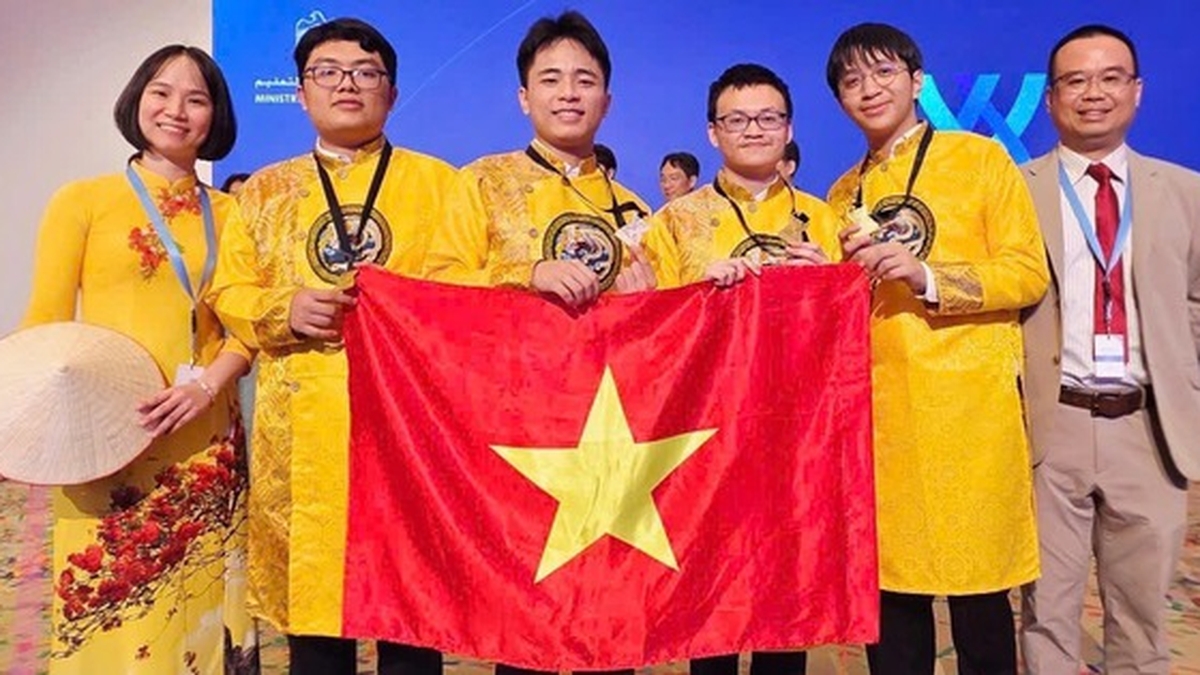
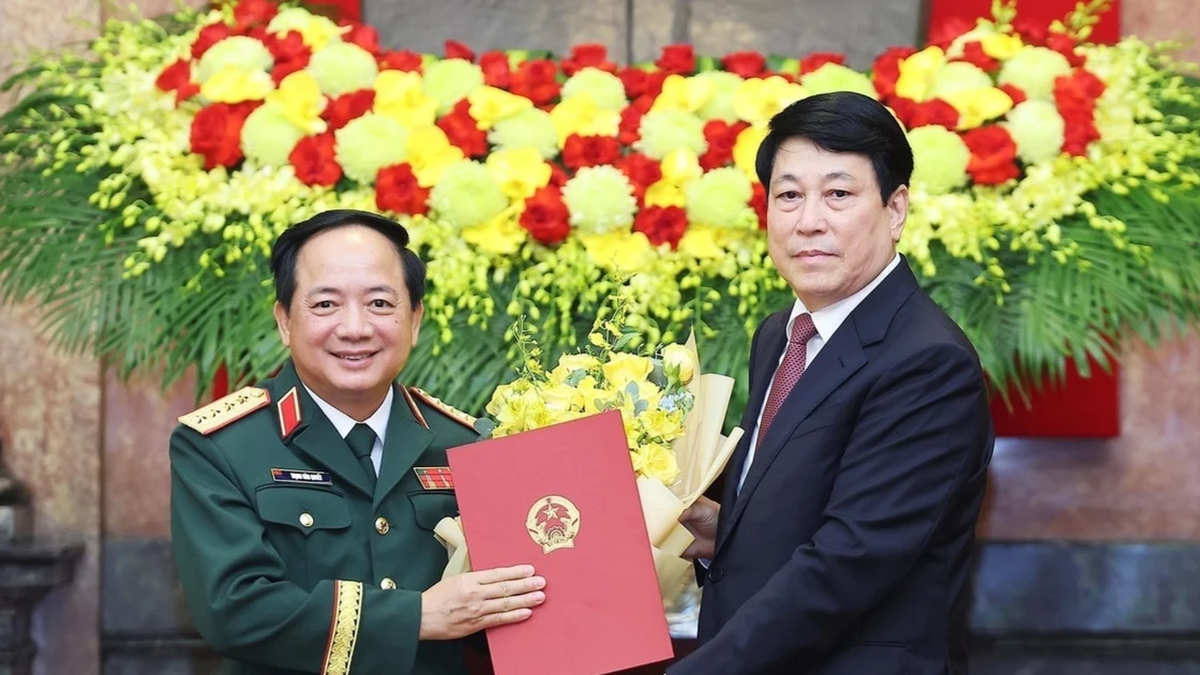
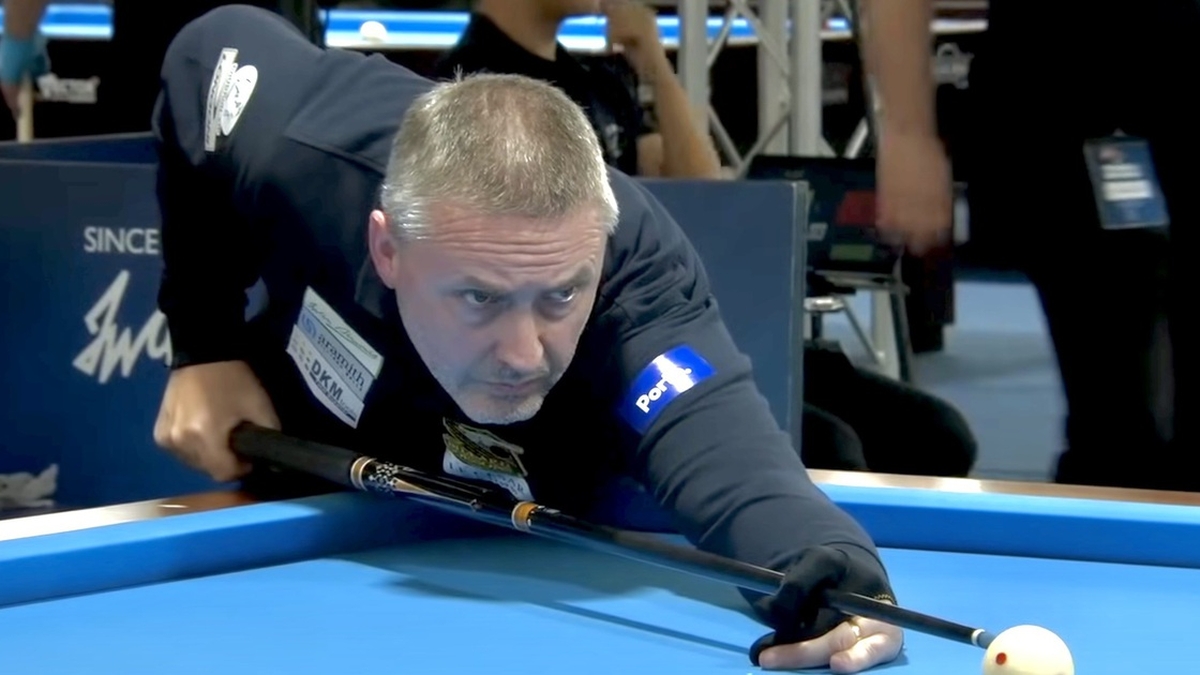


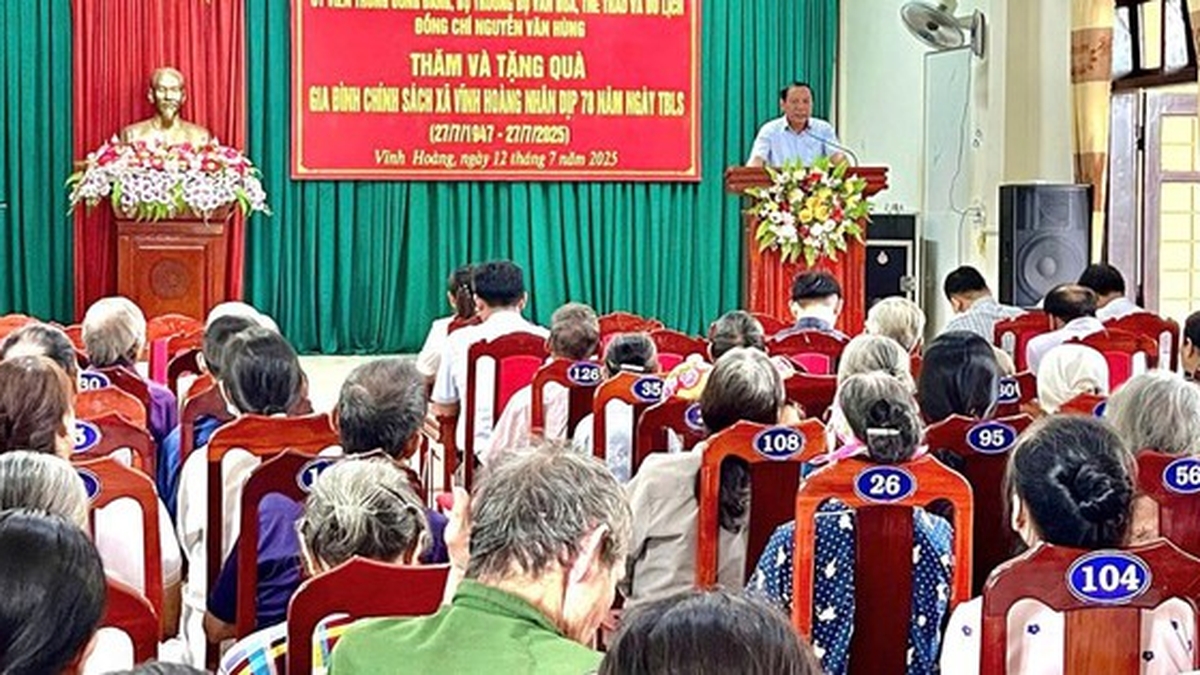
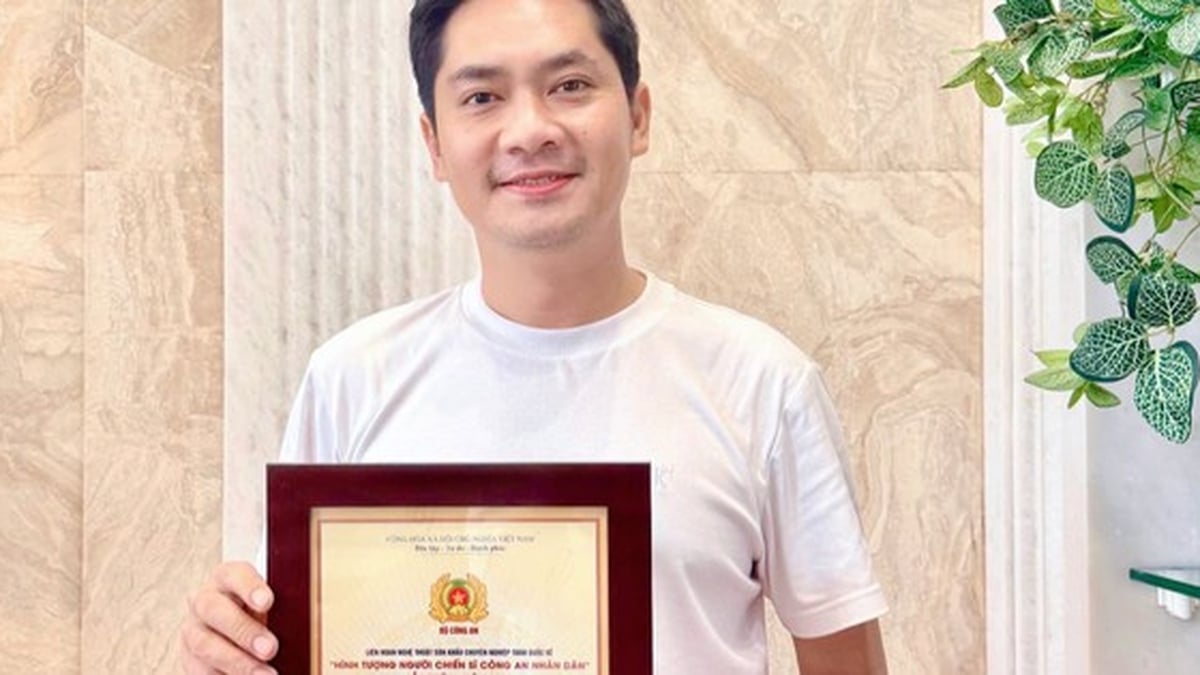
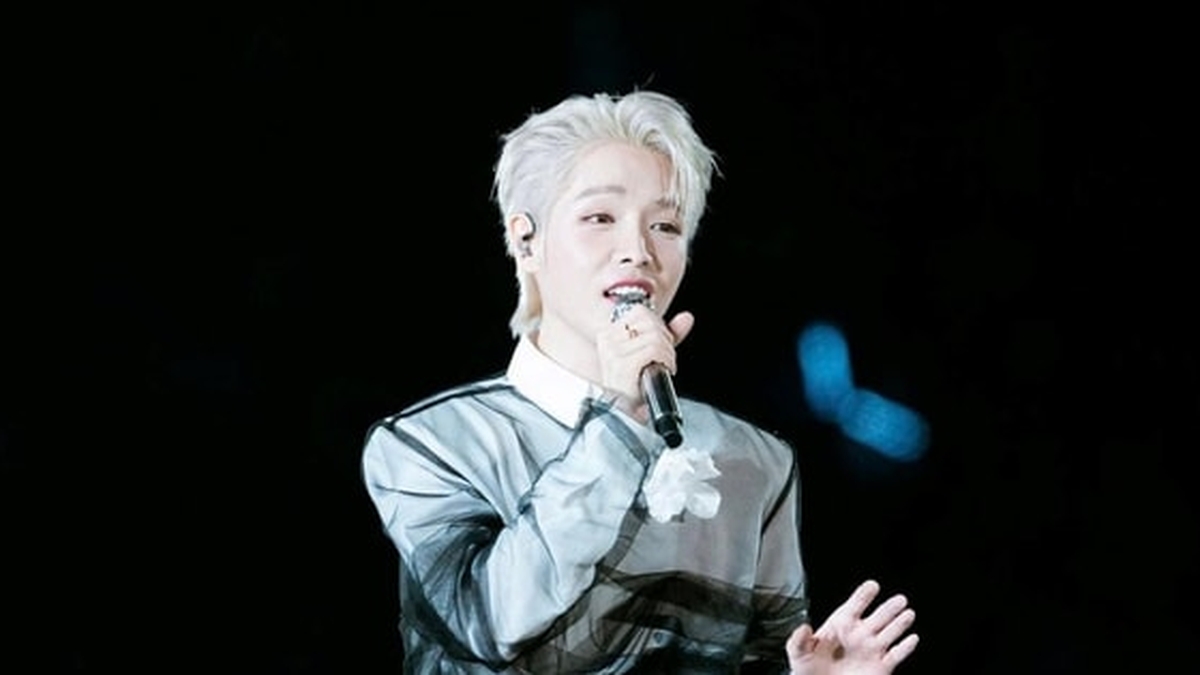












































![[Maritime News] Treasury Department Targets Diverse Networks Facilitating Iran's Oil Trade](https://vphoto.vietnam.vn/thumb/402x226/vietnam/resource/IMAGE/2025/7/14/43150a0498234eeb8b127905d27f00b6)





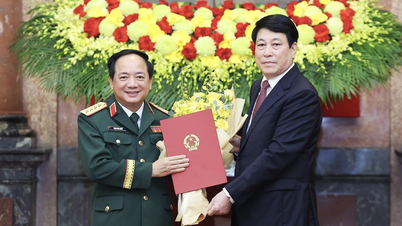


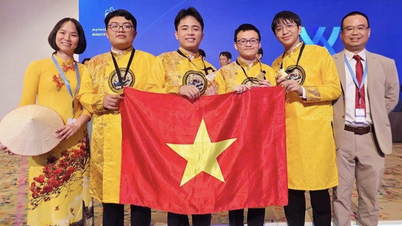




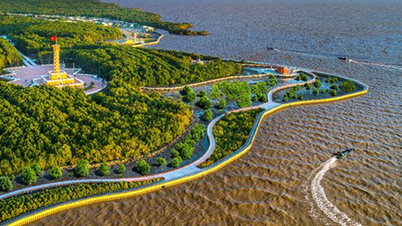



























Comment (0)